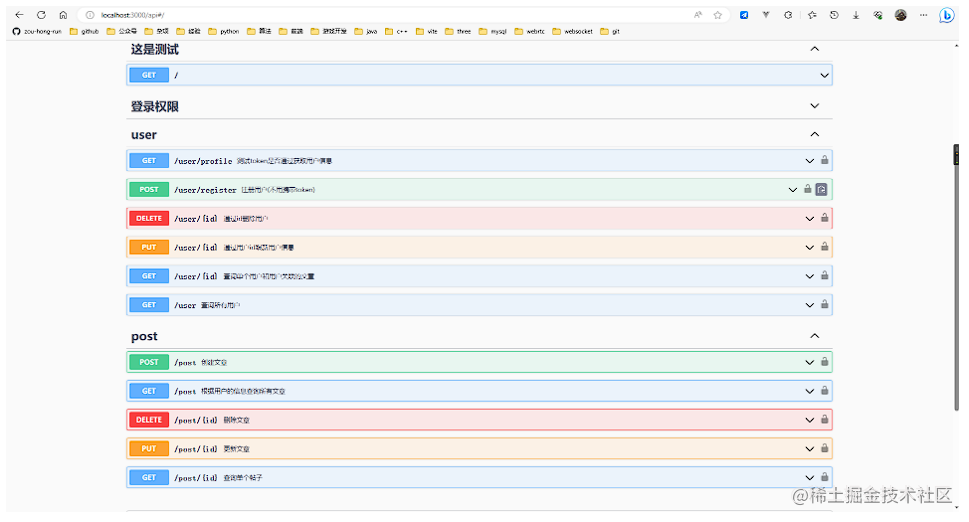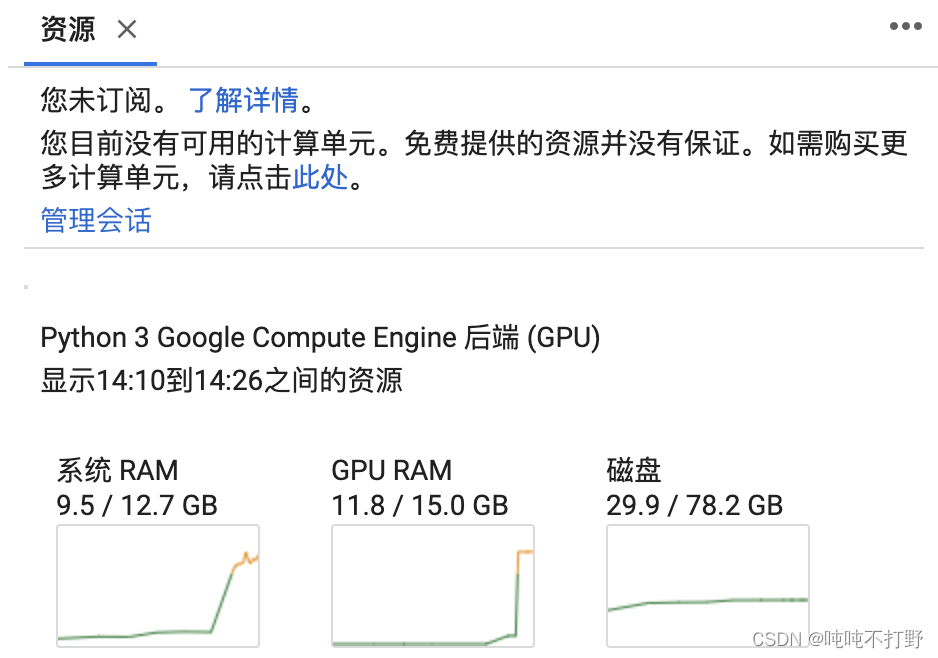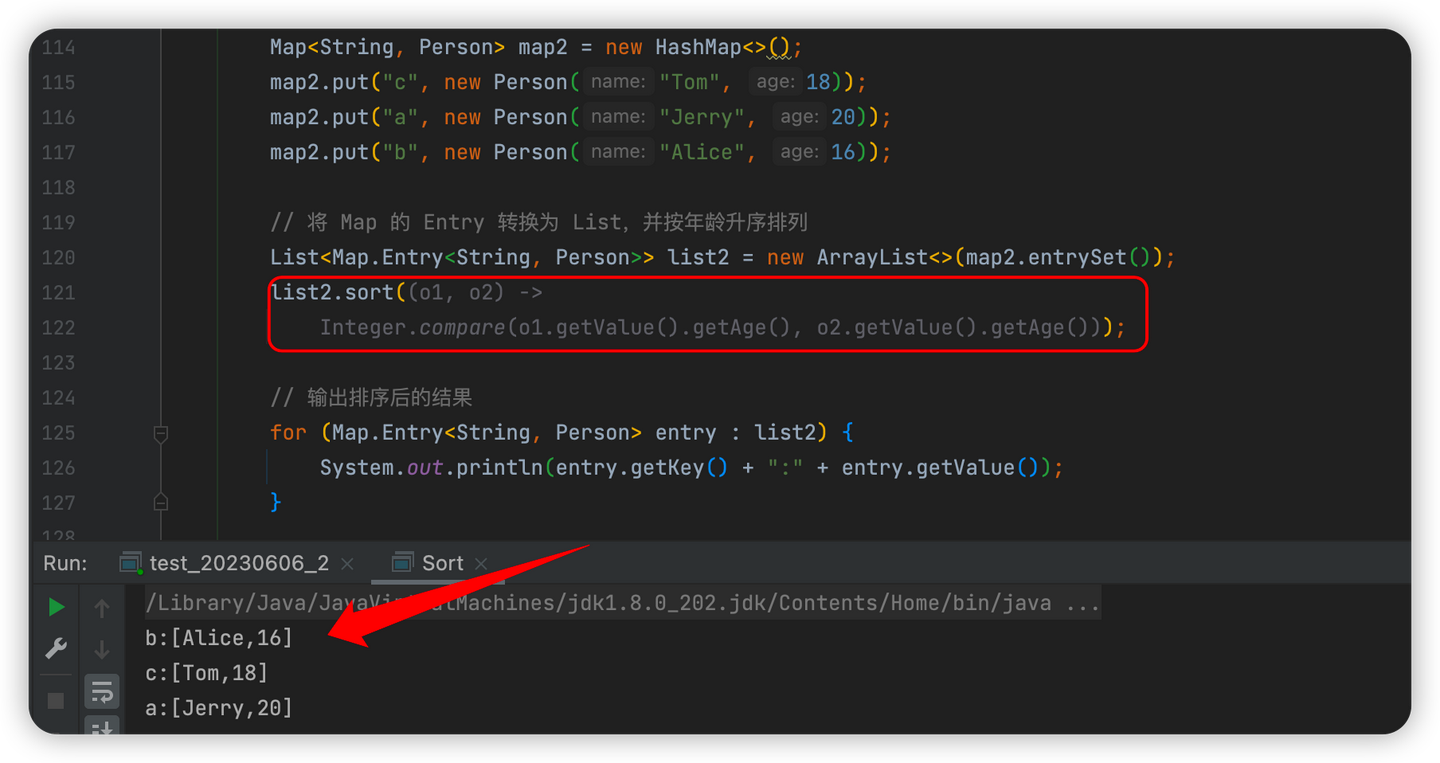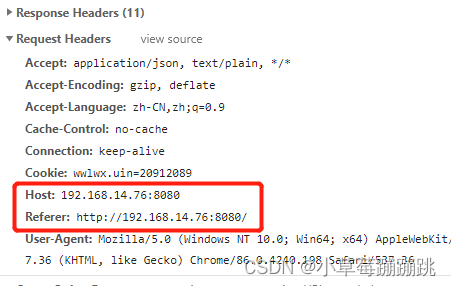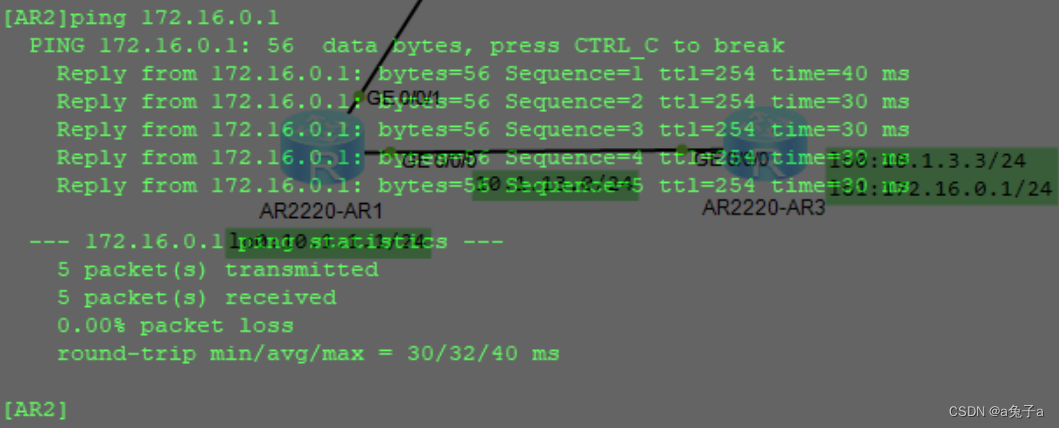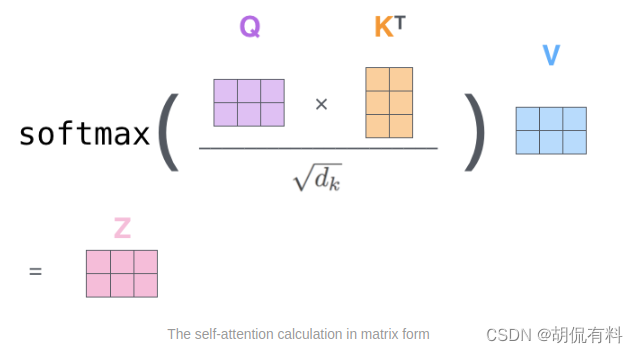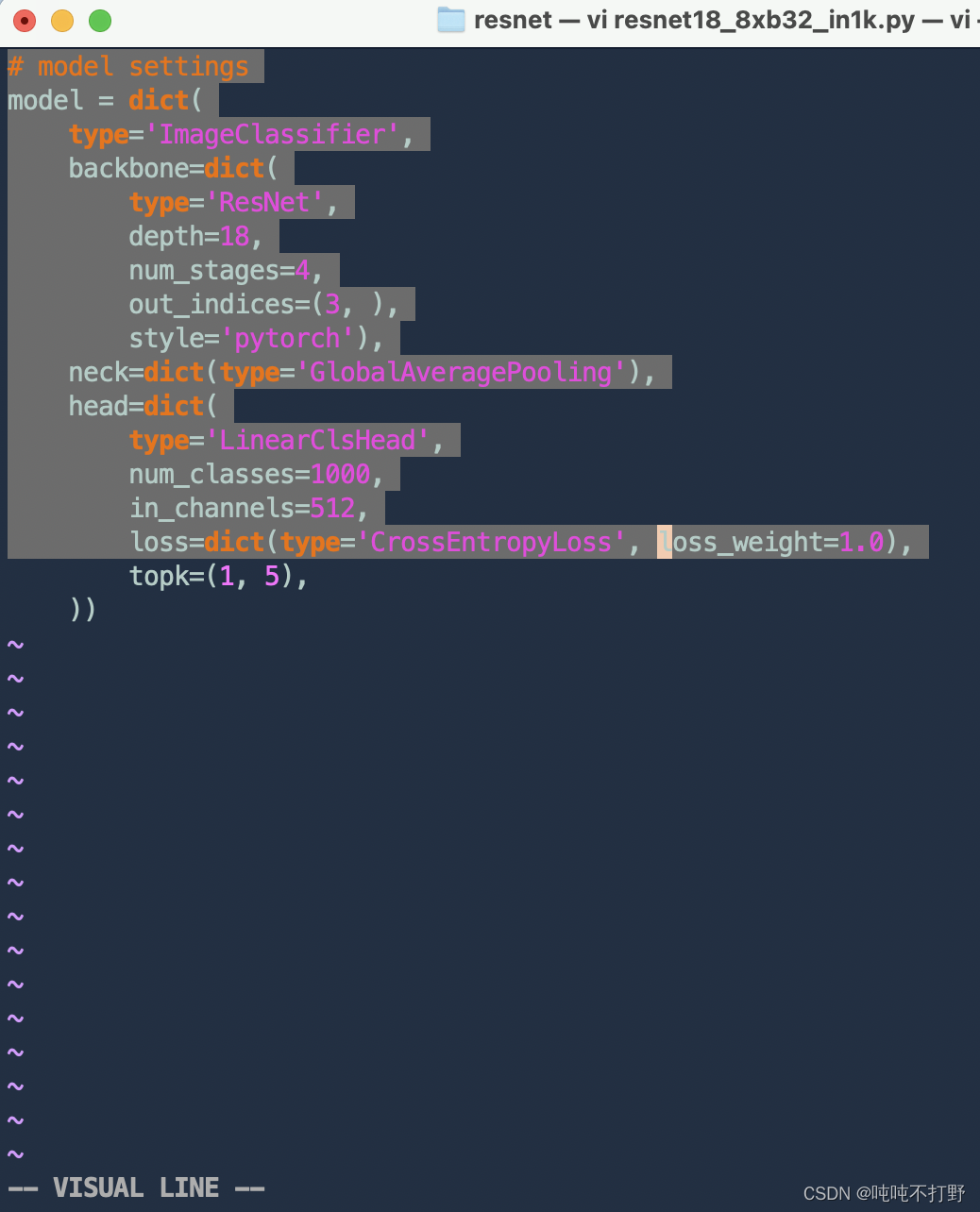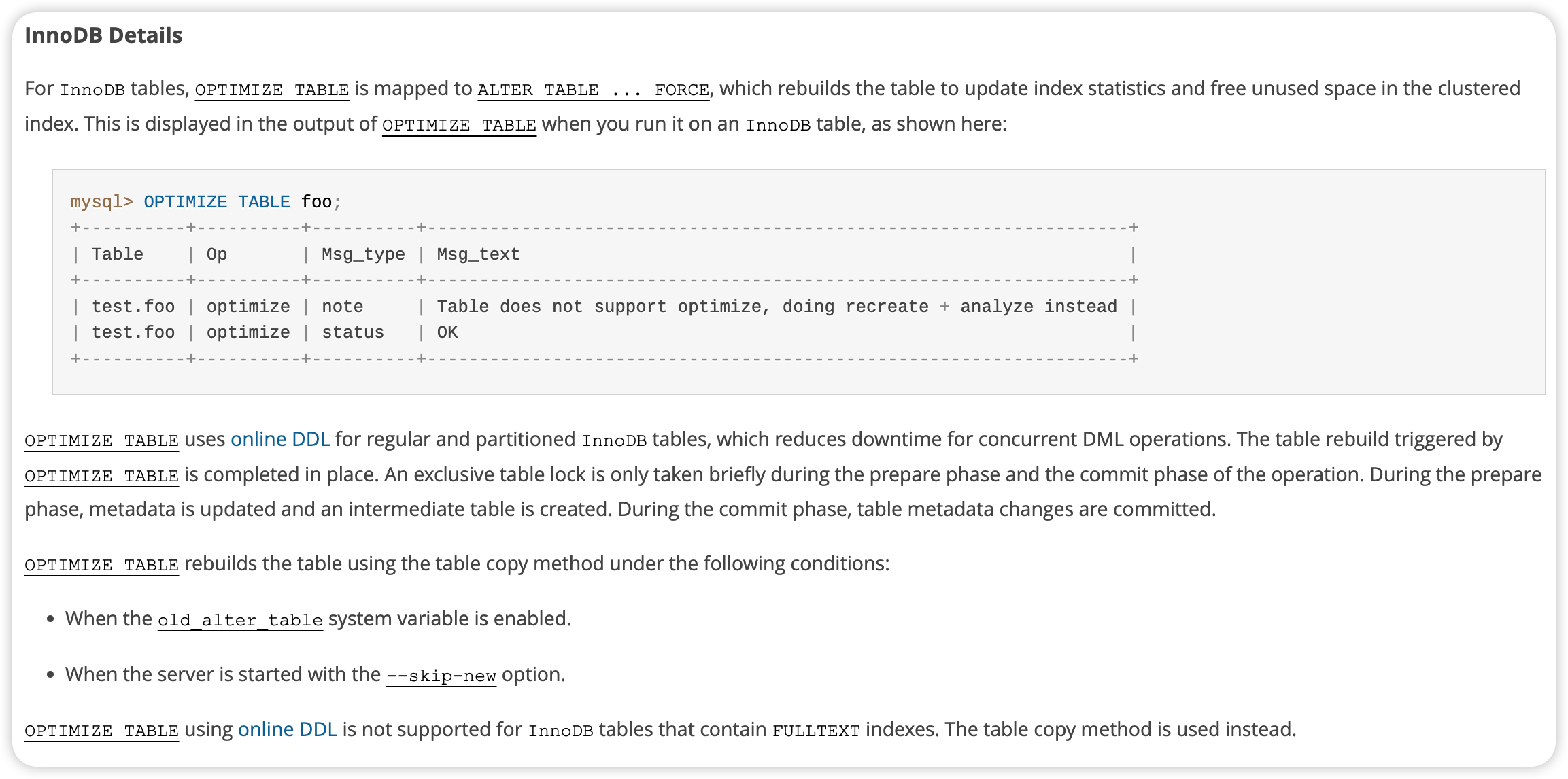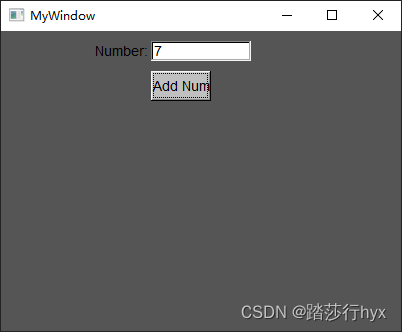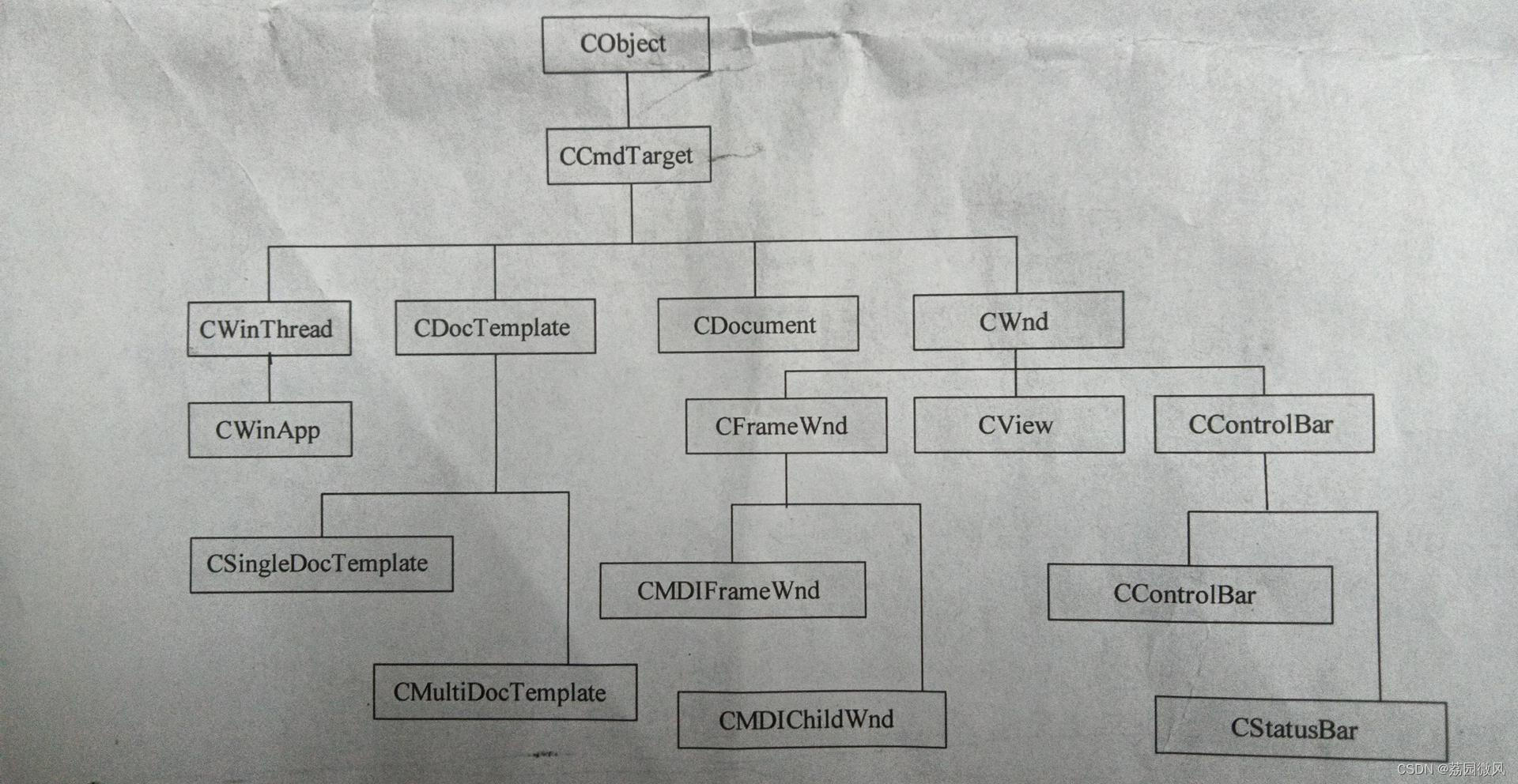C++拷贝文件

文章目录
- C++拷贝文件
- ANSI-C-WAY
- POSIX-WAY (K&R use this in "The C programming language", more low-level)
- KISS-C++-Streambuffer-WAY
- COPY-ALGORITHM-C++-WAY
- OWN-BUFFER-C++-WAY
- LINUX-WAY
- 理智的方式
- C++ 17
- Reference
- 欢迎关注公众号【三戒纪元】
列举了几种拷贝文件的方式,越到后面越简单高效。
话不多说,直接上代码。
ANSI-C-WAY
#include <iostream>
#include <cstdio> // fopen, fclose, fread, fwrite, BUFSIZ
#include <ctime>
using namespace std;
int main() {
clock_t start, end;
start = clock();
// BUFSIZE default is 8192 bytes
// BUFSIZE of 1 means one chareter at time
// good values should fit to blocksize, like 1024 or 4096
// higher values reduce number of system calls
// size_t BUFFER_SIZE = 4096;
char buf[BUFSIZ];
size_t size;
FILE* source = fopen("from.ogv", "rb");
FILE* dest = fopen("to.ogv", "wb");
// clean and more secure
// feof(FILE* stream) returns non-zero if the end of file indicator for stream is set
while (size = fread(buf, 1, BUFSIZ, source)) {
fwrite(buf, 1, size, dest);
}
fclose(source);
fclose(dest);
end = clock();
cout << "CLOCKS_PER_SEC " << CLOCKS_PER_SEC << "\n";
cout << "CPU-TIME START " << start << "\n";
cout << "CPU-TIME END " << end << "\n";
cout << "CPU-TIME END - START " << end - start << "\n";
cout << "TIME(SEC) " << static_cast<double>(end - start) / CLOCKS_PER_SEC << "\n";
return 0;
}
POSIX-WAY (K&R use this in “The C programming language”, more low-level)
#include <iostream>
#include <fcntl.h> // open
#include <unistd.h> // read, write, close
#include <cstdio> // BUFSIZ
#include <ctime>
using namespace std;
int main() {
clock_t start, end;
start = clock();
// BUFSIZE defaults to 8192
// BUFSIZE of 1 means one chareter at time
// good values should fit to blocksize, like 1024 or 4096
// higher values reduce number of system calls
// size_t BUFFER_SIZE = 4096;
char buf[BUFSIZ];
size_t size;
int source = open("from.ogv", O_RDONLY, 0);
int dest = open("to.ogv", O_WRONLY | O_CREAT /*| O_TRUNC/**/, 0644);
while ((size = read(source, buf, BUFSIZ)) > 0) {
write(dest, buf, size);
}
close(source);
close(dest);
end = clock();
cout << "CLOCKS_PER_SEC " << CLOCKS_PER_SEC << "\n";
cout << "CPU-TIME START " << start << "\n";
cout << "CPU-TIME END " << end << "\n";
cout << "CPU-TIME END - START " << end - start << "\n";
cout << "TIME(SEC) " << static_cast<double>(end - start) / CLOCKS_PER_SEC << "\n";
return 0;
}
KISS-C+±Streambuffer-WAY
#include <iostream>
#include <fstream>
#include <ctime>
using namespace std;
int main() {
clock_t start, end;
start = clock();
ifstream source("from.ogv", ios::binary);
ofstream dest("to.ogv", ios::binary);
dest << source.rdbuf();
source.close();
dest.close();
end = clock();
cout << "CLOCKS_PER_SEC " << CLOCKS_PER_SEC << "\n";
cout << "CPU-TIME START " << start << "\n";
cout << "CPU-TIME END " << end << "\n";
cout << "CPU-TIME END - START " << end - start << "\n";
cout << "TIME(SEC) " << static_cast<double>(end - start) / CLOCKS_PER_SEC << "\n";
return 0;
}
COPY-ALGORITHM-C+±WAY
#include <iostream>
#include <fstream>
#include <ctime>
#include <algorithm>
#include <iterator>
using namespace std;
int main() {
clock_t start, end;
start = clock();
ifstream source("from.ogv", ios::binary);
ofstream dest("to.ogv", ios::binary);
istreambuf_iterator<char> begin_source(source);
istreambuf_iterator<char> end_source;
ostreambuf_iterator<char> begin_dest(dest);
copy(begin_source, end_source, begin_dest);
source.close();
dest.close();
end = clock();
cout << "CLOCKS_PER_SEC " << CLOCKS_PER_SEC << "\n";
cout << "CPU-TIME START " << start << "\n";
cout << "CPU-TIME END " << end << "\n";
cout << "CPU-TIME END - START " << end - start << "\n";
cout << "TIME(SEC) " << static_cast<double>(end - start) / CLOCKS_PER_SEC << "\n";
return 0;
}
OWN-BUFFER-C+±WAY
#include <iostream>
#include <fstream>
#include <ctime>
using namespace std;
int main() {
clock_t start, end;
start = clock();
ifstream source("from.ogv", ios::binary);
ofstream dest("to.ogv", ios::binary);
// file size
source.seekg(0, ios::end);
ifstream::pos_type size = source.tellg();
source.seekg(0);
// allocate memory for buffer
char* buffer = new char[size];
// copy file
source.read(buffer, size);
dest.write(buffer, size);
// clean up
delete[] buffer;
source.close();
dest.close();
end = clock();
cout << "CLOCKS_PER_SEC " << CLOCKS_PER_SEC << "\n";
cout << "CPU-TIME START " << start << "\n";
cout << "CPU-TIME END " << end << "\n";
cout << "CPU-TIME END - START " << end - start << "\n";
cout << "TIME(SEC) " << static_cast<double>(end - start) / CLOCKS_PER_SEC << "\n";
return 0;
}
LINUX-WAY
#include <iostream>
#include <sys/sendfile.h> // sendfile
#include <fcntl.h> // open
#include <unistd.h> // close
#include <sys/stat.h> // fstat
#include <sys/types.h> // fstat
#include <ctime>
using namespace std;
int main() {
clock_t start, end;
start = clock();
int source = open("from.ogv", O_RDONLY, 0);
int dest = open("to.ogv", O_WRONLY | O_CREAT /*| O_TRUNC/**/, 0644);
// struct required, rationale: function stat() exists also
struct stat stat_source;
fstat(source, &stat_source);
sendfile(dest, source, 0, stat_source.st_size);
close(source);
close(dest);
end = clock();
cout << "CLOCKS_PER_SEC " << CLOCKS_PER_SEC << "\n";
cout << "CPU-TIME START " << start << "\n";
cout << "CPU-TIME END " << end << "\n";
cout << "CPU-TIME END - START " << end - start << "\n";
cout << "TIME(SEC) " << static_cast<double>(end - start) / CLOCKS_PER_SEC << "\n";
return 0;
}
Results (CPU TIME used)
Program Description UNBUFFERED|BUFFERED
ANSI C (fread/frwite) 490,000|260,000
POSIX (K&R, read/write) 450,000|230,000
FSTREAM (KISS, Streambuffer) 500,000|270,000
FSTREAM (Algorithm, copy) 500,000|270,000
FSTREAM (OWN-BUFFER) 500,000|340,000
SENDFILE (native LINUX, sendfile) 410,000|200,000
理智的方式
#include <fstream>
int main()
{
std::ifstream src("from.ogv", std::ios::binary);
std::ofstream dst("to.ogv", std::ios::binary);
dst << src.rdbuf();
}
C++ 17
bool copy_file( const std::filesystem::path& from,
const std::filesystem::path& to);
bool copy_file( const std::filesystem::path& from,
const std::filesystem::path& to,
std::filesystem::copy_options options);
Reference
Copy a file in a sane, safe and efficient way
